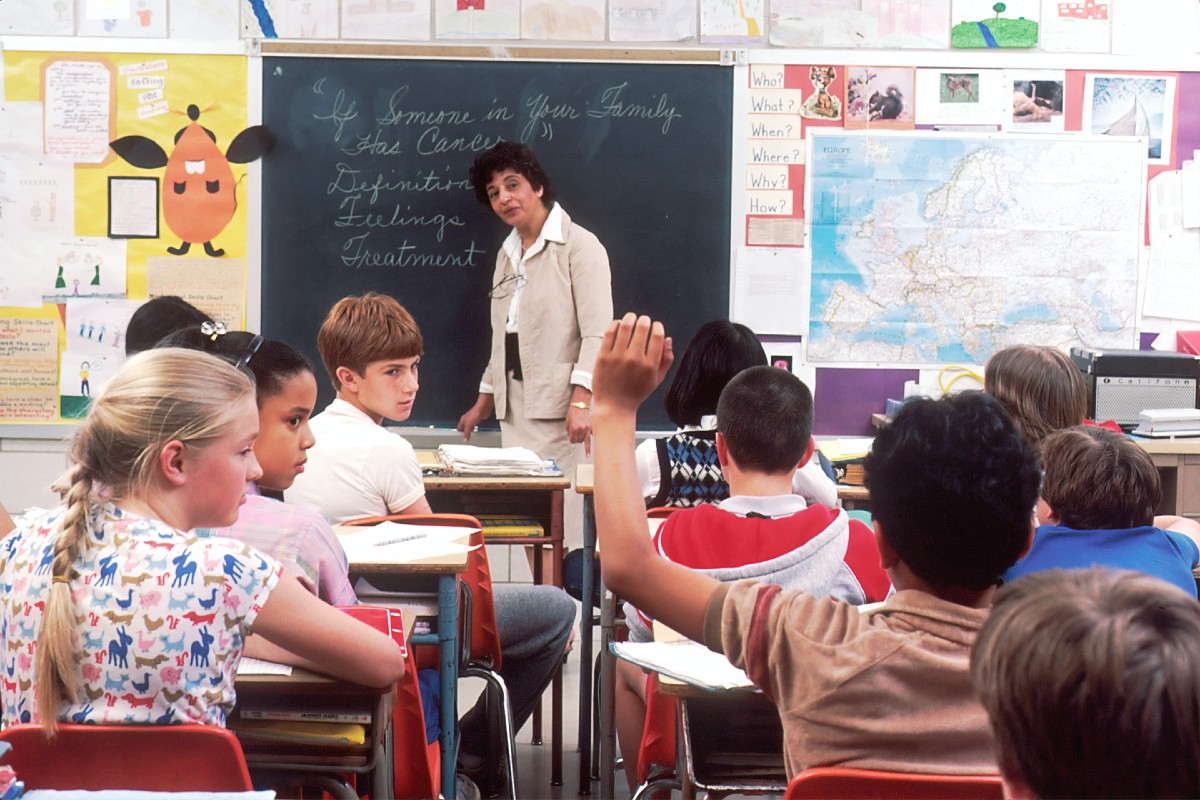
By Sherry East | As the November report released by Center for Educator Recruitment, Retention, & Advancement (CERRA) indicated, the educator and school staffing crisis facing South Carolina has reached unprecedented heights with school districts reporting nearly 1,063 vacant teaching positions in Sept./Oct. 2021.

This alarming number only tells part of the story, as it does not reflect bus driver, substitute, or other school staff vacancies. Staffing shortages result in larger class sizes, less individualized attention, and inevitably unsafe learning conditions for South Carolina’s students.
It’s time for our legislature to address the crisis by listening to educators. As the 124th South Carolina General Assembly resumes session, The South Carolina Education Association (The SCEA) urges legislators to consider the following priorities:
First, utilize money in this year’s state budget to fully fund the base student cost and to deliver on Gov. McMaster’s 2020 State of the State promise to increase the educator starting salary to the national average — currently $41,163 — and pass increases on every step of the salary schedule, which helps to retain teachers. In addition, the salary of non-certificated school staff such as bus-drivers, paraprofessionals, clerical staff, janitorial staff and cafeteria workers should be raised substantially to avoid losing dedicated, skilled workers to more highly compensated private industry positions.
The second issue legislators must act on now is unencumbered time and recertification. Unlike many surrounding and competing states, South Carolina’s educators have no guarantee of a duty-free lunch or daily planning time. There are countless stories of educators unable to even use the restroom during the day.
Moreover, the high-quality instruction necessary for the deep learning South Carolina students need requires time to plan. H. 3465, which has already passed the House, requires districts to plan for this unencumbered daily time, which is essential to quality learning outcomes.
Also, recertification — particularly for veteran teachers — is needlessly cumbersome. H. 3465 would examine the certification process and find ways to cut through red tape to let teachers do their jobs.
The third issue of importance is working conditions. While the problems with working conditions in South Carolina schools are complex, there are two clear starting points: class-sizes and contracts.
- Research from the Learning Policy Institute shows children in states with smaller classes achieve better outcomes and teacher turnover is lower.
- Educators must also be treated as professionals starting from the date they sign their contracts. Most often, contracts for educators in South Carolina offer no benefit or protection while allowing significant leeway for districts and administrators.
For example, when educators are offered reemployment by their district, they must accept that offer before May 10—often before the district determines staffing assignments for the coming year. Educators need more time to make the right decision for themselves and their families without fear of reprisal
The SCEA is ready to organize and mobilize the collective voice of educators across the state to achieve the schools South Carolina’s educators and students deserve. We hope elected officials are ready to listen to their constituents.
We also urge all public-school staff and allies of public education to take the Education Voter Pledge to let their state Senator and Representative know that these are the issues that matter most to them and the issues that will most impact their decisions as voters.
- Sherry East is president of the South Carolina Education Association. Have a comment? Send to: feedback@statehousereport.com.


